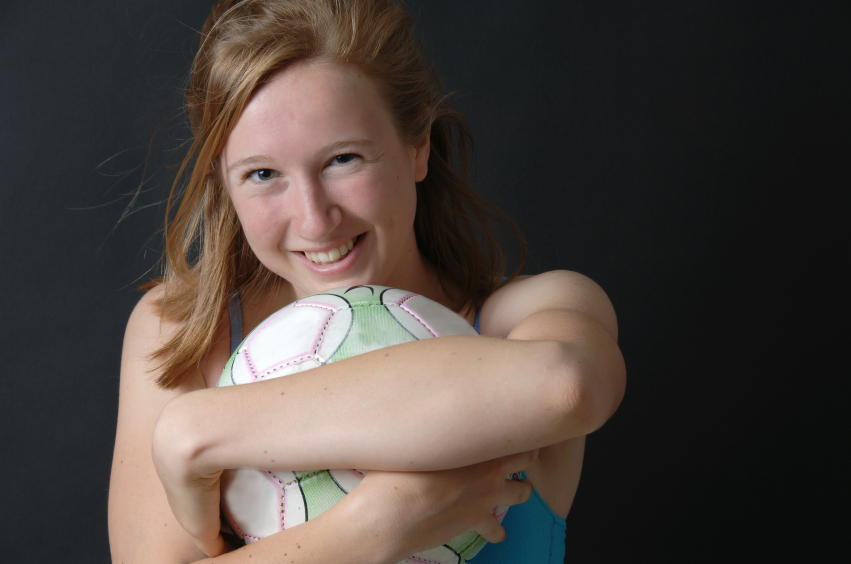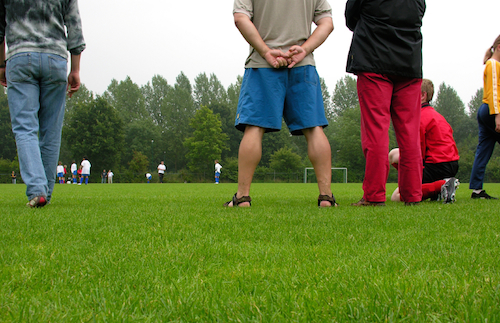Arm surgery rehab awaits the Delta resident, the first female catcher to play NCAA men’s baseball
By Tom Zillich -Surrey News Leader
Evidence suggests there’s no stopping Marika Lyszczyk, but surgery has slowed her down a bit.
This month the former Whalley Chiefs baseball player is resting at home in Tsawwassen following rotator cuff repairs in her throwing arm.
“They thought it was my bicep that was a problem, but it was actually my rotator cuff,” Lyszczyk said with a sigh.
“Right now I’m in total immobilization, I can’t move my shoulder. It’s not very fun sleeping.”
With rehab looming, this fall the 20-year-old catcher plans a return trip to New Hampshire’s Rivier University, whose Division 3 team last year made her the first female catcher to play NCAA men’s baseball. It was historic stuff, and Lyszczyk can’t wait to play ball there again.
“I’ll rehab down there and get back into the swing of things,” she said confidently, in a phone conversation.
“I’m itching to get back, because one of the hardest things for me is to not train,” she added with a laugh.
(Story continues below a seven-minute Sportsnet video: “Marika Lyszczyk Breaking Gender Barriers In NCAA Baseball”)
Earlier this summer, despite lingering soreness in her arm, Lyszczyk travelled to Long Island, NY, to play for the Sag Harbor Whalers of the Hamptons Collegiate Baseball League.
It’s the latest stop in a baseball journey that involved her playing four seasons with the Whalley Chiefs, during her high school years, as the first girl to see action in the B.C. Premier Baseball League (PBL).
“It was such an opportunity there, and such a huge foundation for moving forward in my baseball career,” Lyszczyk said of her days with the Chiefs. “The league is great, with some really good players, and it was such a good experience for me, before going to college.”
Her time at Rivier University in 2020 lasted a brief nine or 10 weeks before the COVID-19 pandemic prompted a move back home to Delta.
A year later, a summer in the Hamptons was a thrill for Lyszczyk.
“It was great being there – it’s so beautiful, and the community is great,” she raved. “You hear about it with all the celebrities being there, and the people were so amazing. It was a great chance to go there and play with some pretty high-level guys playing D1, D2, so it definitely was a challenge for me.”
Her original summer plan was to also attend Baseball Canada’s women’s national team showcase in Quebec (along with Surrey prospects Stacy Fournier and Claire Eccles), but for Lyszczyk, arm surgery took priority.
“Last year I had some arm pain and I thought it’d go away,” she recalled. “I’ve thrown a lot in my lifetime, practising sometimes five, six days a week, and my arm has been sore, but not like that. I was hoping to take a few months off and it’d be fine, but I finally got a MRI to realize that something was wrong and that I’d need surgery.
“So I played summer ball and it was more like pain control for me, and I was proud of myself for getting through the summer. But it did hold me back in some areas and I knew I needed to get it fixed when I got back home.
“Generally when you go through a rehab like this,” she added, “people tend to come back stronger, and there’s lots of guys who come back from, like, Tommy John Surgery and they end up throwing two miles an hour faster, things like that. It’s pretty cool to see how rehab has changed in that way, and I’m hopeful that I’ll come back even stronger than I was before.”
She hopes the procedure will ultimately allow her to play more baseball in the future.
“I always say that I want to play baseball as long as I can, as long as the opportunities are there for me, and that’s another reason why it was so crucial that I got my arm fixed now, so hopefully I can have a longer playing career,” Lyszczyk explained.
“And once my playing days are over I hope to do on-field commentating and stay in the game afterward, because I couldn’t imagine my life without baseball.”







 Summer Collegiate1 week ago
Summer Collegiate1 week ago




 Summer Collegiate2 weeks ago
Summer Collegiate2 weeks ago




 Summer Collegiate2 days ago
Summer Collegiate2 days ago




 Summer Collegiate6 hours ago
Summer Collegiate6 hours ago




















You must be logged in to post a comment Login